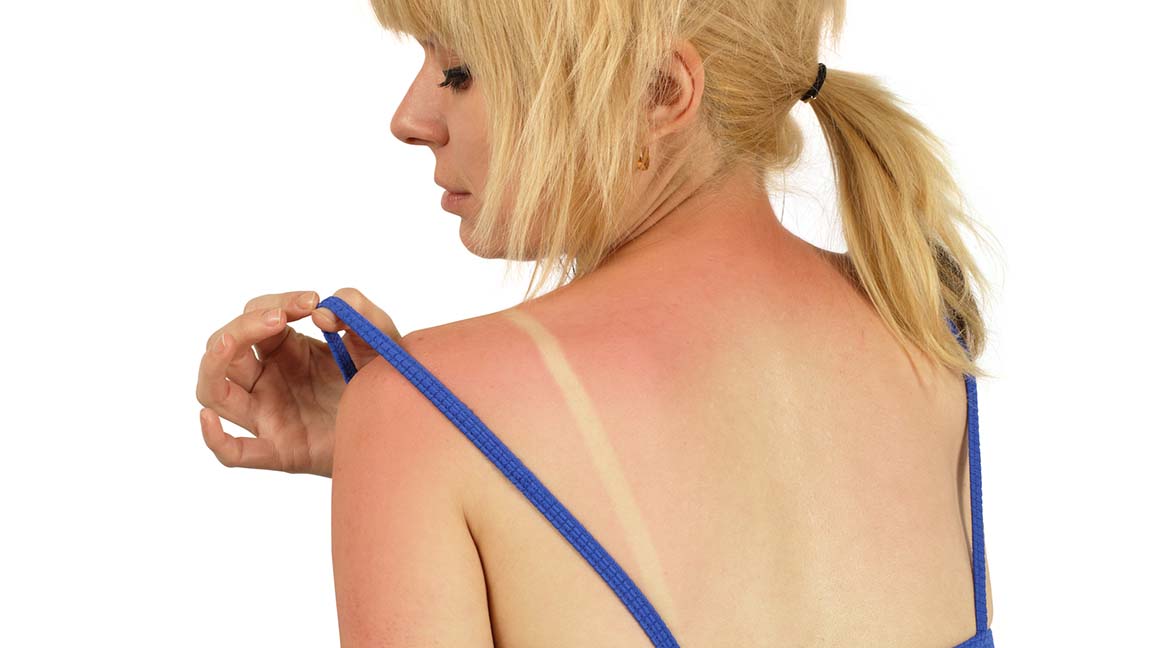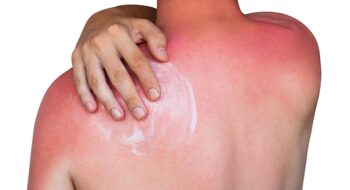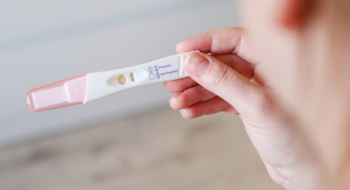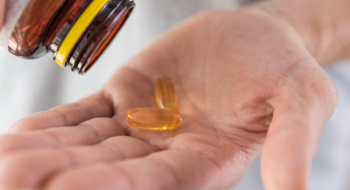Summer is here and with it comes plenty of time for fun in the sun and, unfortunately, an increased risk of sunburn.
The long days and strong rays of the summer months make it all the more likely for people come down with a bad sunburn, and while mild cases of this common summertime malady may be little more than an annoyance, more severe burns can cause significant discomfort including a nasty, little-understood condition known as “hell’s itch.”
Also known as “devil’s itch” and “fire-ant itch,” hell’s itch is more much severe than the itching that often accompanies a sunburn. Patients who have suffered through hell’s itch describe it as severe, deep and unrelenting.
The nightmarish condition can keep sufferers awake at night and may last several painful days. There is no cure and only limited means of alleviating symptoms. In other words, it’s something you’ll want to do your best to avoid.
“Anyone who has experienced hell’s itch knows it can make you extremely uncomfortable,” says Dr. James Turek, a family physician at Tidelands Health Family Medicine at Garden City. “It is another reason to be careful in the sun.”
Although most cases of hell’s itch can be treated without medical intervention, make sure to seek care if you if you’ve developed blisters or have other signs of possible sun poisoning, including fever, chills, nausea, dizziness or swelling, says Dr. Turek, who has a special interest in skin care.
Otherwise, here are some steps you can take to help relieve the symptoms:
Don't make it worse
First and foremost, protect your sun-damaged skin from any more exposure. Stay out of the sun as much as possible as your skin heals.
Seek relief
There is no magic cure for hell’s itch, but common over-the-counter medicines can make the condition more bearable. Pain-relieving medications such as aspirin or ibuprofen can help alleviate pain and reduce inflammation, while antihistamines such as Benadryl may help reduce itching.
Soothe your skin
Applying aloe vera, peppermint oil, a cortisone-based cream or a simple cold compress directly to your sunburn can provide additional relief from itching and burning. Additionally, some patients report that bathing in colloidal oatmeal–a common treatment for chickenpox, poison ivy, eczema and other skin conditions–can be effective against hell’s itch.
Resist the itch
Obviously, you will be tempted to scratch as the itch continues. But the more you scratch, the more it can itch. Plus, remember that every time you scratch, you risk further damage to your skin, increasing healing time.
Hydrate
In the wake of a nasty sunburn, it’s even more important than usual to drink plenty of water and stay hydrated. Doing so will help you avoid dry skin and promote healing.
Of course, the best way to treat hell’s itch to avoid it entirely — and prevention, Dr. Turek says, starts with good protection.
Always wear sunscreen
Whenever you are going to be outdoors for an extended period of time, Dr. Turek recommends wearing a good sunscreen of at least 30 SPF that offers protection against UVA and UVB rays. The sunscreen should be applied at least 15 minutes before exposure and will need to be reapplied throughout the day.
Avoid peak sun hours
The sun’s rays are strongest between 10 a.m. and 4 p.m., so limit your time outside during these hours, especially if you have fair skin or if you are on medications that can make you more sensitive to sunlight. Such medications include ibuprofen, some antibiotics and antihistamines, among others.
Cover up
A wide-brimmed hat can offer added protection for your sun, face, neck and shoulders, while long sleeves can protect your arms.
“Once hell’s itch sets in, there’s only so much you can do–and in the end, only time to heal will make it go away for good,” Dr. Turek says. “Again, that’s why prevention is so important. Taking steps to protect yourself from sun damage can go a long way toward helping you have a safe, enjoyable summer.”

Dr. James Turek
Family Medicine Physician, Tidelands Health Family Medicine at Garden City
Bio
Dr. James Turek is a family medicine physician who practices at Tidelands Health Family Medicine at Garden City.
Learn MoreMedical Education
Education
Uniformed Services University of the Health Sciences
Internship
Wilford Hall USAF Medical Center
Meet the Expert
Dr. James Turek
Dr. James Turek is a family medicine physician who practices at Tidelands Health Family Medicine at Garden City.






